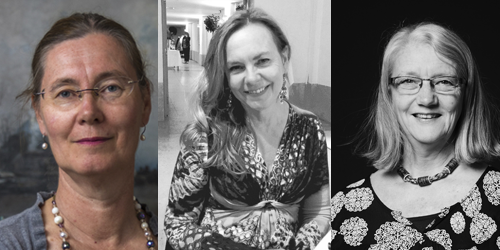Using Aesthetic Response - A Poetic Inquiry to Expand Knowing, Part I: The Rx6-Method
DOI:
https://doi.org/10.15845/voices.v17i1.890Palabras clave:
Neurobiology of intersubjectivity, embodiment, felt sense, experienceResumen
A step-wise research procedure of arts-based research (ABR) called the Rx6 method is presented. This ABR method is informed by expressive arts therapy, heuristic inquiry, attachment theory, and contemporary affective neuroscience, and is aimed at deepening the understanding of embodied felt sense. The Rx6 approach is based in aesthetics and a pragmatic pre-understanding inspired from an interpretive and a constructivist tradition. The method is a heuristic endeavour where art is applied towards the creation of meaning. For the purpose of exemplifying this method, artwork, produced within the context of a randomized control trial as part of a mixed methods study involving women treated for gynaecological cancer, was used. Response art consisting of short written aesthetic responses to pictorial artifacts was applied in a structured manner. The data provided a rich artistic material in which to dialogue with artifacts in search of a condensed response statement. The Rx6 method involves six steps: to relate, resonate, respond, reflect and react to results. Engaging in ABR can offer clinicians and researchers a deepened, expanded, and embodied understanding of the studied phenomena. The complexity of sharing implicit processes and tacit knowledge, its caveats and gains, along with theoretical perspectives of such undertakings, are presented and discussed.
Descargas
Publicado
2017-02-13
Cómo citar
Gerge, A., Wärja, M., & Nygaard Pedersen, I. (2017). Using Aesthetic Response - A Poetic Inquiry to Expand Knowing, Part I: The Rx6-Method. Voices: A World Forum for Music Therapy, 17(1). https://doi.org/10.15845/voices.v17i1.890
Número
Sección
Research
Licencia
Articles published prior to 2019 are subject to the following license, see: https://voices.no/index.php/voices/copyright

